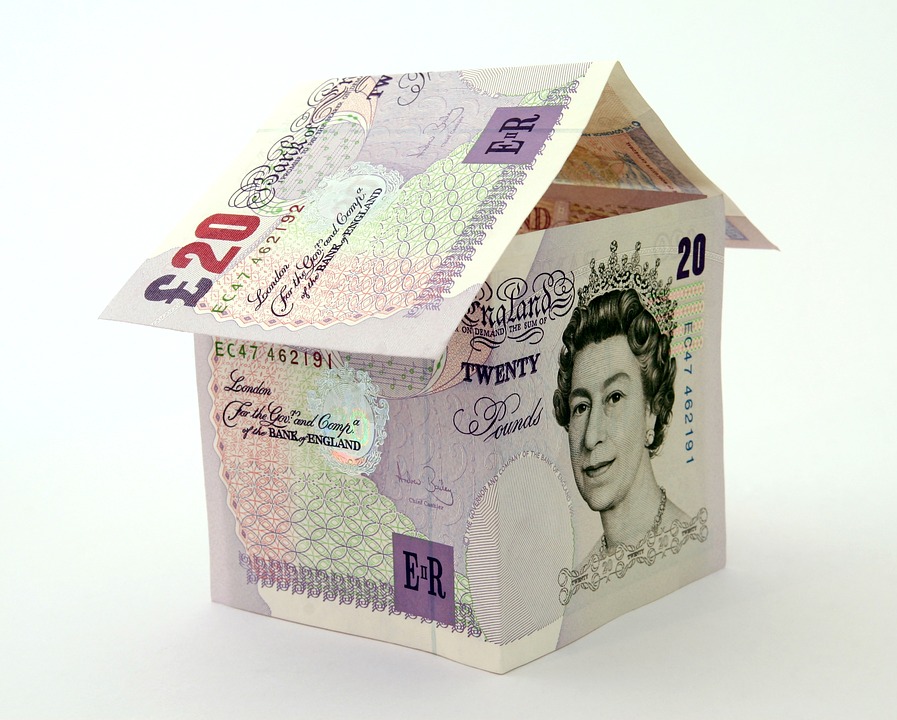The pace of annual house price growth picked up in September, rising to 11.8% from 10.2% in August as buyers rushed to make the most of the stamp duty holiday, official figures show.
The average UK house price reached a record high of just under £270,000 which was £28,000 higher than last year, according to the latest index from the Office for National Statistics, which is based on data collected by the Land Registry.
Wales saw the highest annual growth, of any UK nation with average prices up 15.4% to £196,000, followed by Scotland where prices rose 12.3% t0 £180,000, England with growth of 11.5% to £288,000 and Northern Ireland where average prices gained 10.7% to reach £159,000.
Contact us today to speak with a specialist Commercial Finance Broker to discuss how we can assist you.
London was the region with the lowest annual growth for the tenth consecutive month, with prices increasing 2.8% year on year to £507,253.
Monthly growth across the UK was 2.5% between August and September on a non-seasonally adjusted basis, compared to 2.9% between July and August.
Mark Harris says: “Annual house price growth continued to edge upwards back in September and, as has been the case for a while, the North West led the way while London lagging behind.
“Lack of stock continues to inflate house prices, although in a less frenetic way perhaps, as buyers search for more space, both inside and out, in less urban locations.
“With inflation ticking up again, the pressure is back on the Bank of England to raise interest rates sooner rather than later.
“Mortgage pricing continues to be a mixed bag, with pricing rising for those requiring 60 to 75 per cent loan-to-values, while higher LTV borrowing costs continue to fall.
“The good news is that lenders continue to broaden policy with many now back at pre-Covid criteria, making it easier for a wider range of people to get a mortgage.”
Sundeep Patel says: “Low interest rates continue to remain the catalyst for surging demand for sought-after properties as prospective buyers rush to snap them up before the window of opportunity closes and mortgage rates rise.
“However, demand for new properties is still outstripping supply, resulting in inflated prices.
Read about the UK Housing Market via our Specialist Residential & Buy to Let Division
“However, talk of The Bank of England increasing interest rates in the near future may deter some prospective buyers, causing house prices to fall. “Additionally, the holidays tend to be a quieter time in the property market, with many people getting ready to list their homes in the New Year.
“Regardless of continued economic uncertainty, there’s an ongoing need for specialist lenders to cater to the ever-changing financial needs of consumers as we approach the end of yet another turbulent year.”
North London estate agent and former Royal Institution of Chartered Surveyors residential chairman Jeremy Leaf says: “On the one hand, the ONS property index is the most comprehensive of all the surveys but on the other, it is a little dated.
“Nevertheless, it provides an excellent snapshot of housing market activity at the time as most buyers struggled to take advantage of the reducing stamp duty concessions.
“Since then the market has calmed and price growth has softened as so many brought forward moving decisions.
“Prospects remain good, however, as buyers and sellers defy worries about rapidly soaring inflation and rising interest rates.”
By Leah Milner
Source: Mortgage Finance Gazette
Discover our Commercial Mortgage Broker services.

